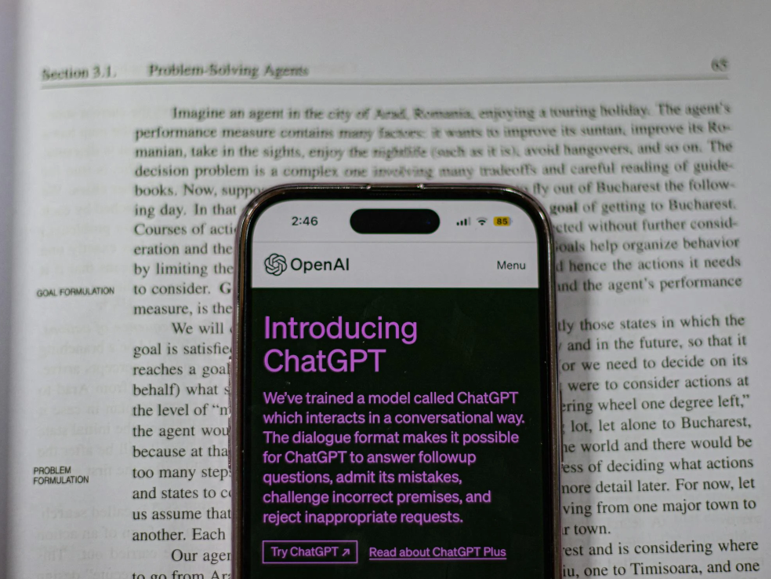Artificial intelligence (AI) is revolutionizing the business sector, including digital marketing. But regarding SEO, is AI content a friend or a foe? While AI tools can automate content generation, excessive dependence can harm your website’s search engine ranking. Let’s explore how AI content can destroy your SEO performance and how you can avoid it.
1. Google’s Guidelines: A Double-Edged Sword
Google clearly stated that it favours original, top-notch content. Although AI systems can quickly create content, they lack the originality and depth Google needs. Search engines are useful for users, since AI-generated text sometimes lacks the sophistication and subtlety that humans produce.
What’s more, Google’s algorithms are also growing more sophisticated in spotting AI-generated content. Your site will suffer from poor content if AI without control is overly used there. This could set off penalties that could significantly affect your rating.
2. Lack of Authenticity and User Engagement
People are drawn to the personal touch, which AI content lacks. It could be grammatically correct and SEO-optimized, but it could also sound artificial and impersonal. The absence of authenticity leads to low user engagement, greater bounce rates, and reduced repeat visitors.
Google-type search engines evaluate content quality using measures such as time spent on a page and click-through ratio, and boring AI-produced content can adversely affect these criteria.
3. Risk of Duplicate Content
Usually, artificial intelligence applications create text by merging content from several other internet sources. This could produce almost similar or double content, which search engines punish. Search engines, which cannot select which page to rank, also get confused by duplicate content.
AI can inadvertently generate language that too closely resembles others, undermining your website’s uniqueness and credibility, which are vital for SEO success.
4. Keyword Stuffing and Over-Optimization
AI tools can over-optimize content for keywords, leading to artificiality and spammy content, violating Google rules and potentially causing penalties.
A blog article with the same keyword appearing unnaturally in each sentence may appear high-ranking, but it signals low quality to search engines.
5. Missed Opportunities for Expertise and Authority
AI can’t provide one-of-a-kind opinions, personal experiences, or professional views. These are the things you will require to produce authority in your niche. Without them, your content will fail to gain the audience’s trust or stand out among others.
For example, a human writer can incorporate case studies, anecdotes, or business sense that AI cannot replicate. Human expertise cannot be replaced when creating content that ranks highly and evokes high engagement.
6. How to Use AI Without Damaging Your SEO
AI is not inherently SEO-harming. Used strategically, AI can complement the work of humans rather than replace it. For instance, AI can be used for idea brainstorming, outline generation, or meta descriptions. However, the resultant content should constantly be reviewed and edited by a human for quality and uniqueness.
Partnering with an SEO expert such as https://kingkong.co/uk/seo-agency/ can also ensure you get the balance right. They can guide you in using AI tools in the right ways while keeping the integrity of your content intact.
Summary
AI can be an excellent tool, but it is no silver bullet. Overreliance on AI can lead to penalties, reduced engagement, and the loss of the ability to showcase your expertise. Safeguard your SEO performance by balancing AI’s speed with humans’ creativity and the guidance of a watchful editor. That way, you’ll create content that ranks well and engages your audience.







